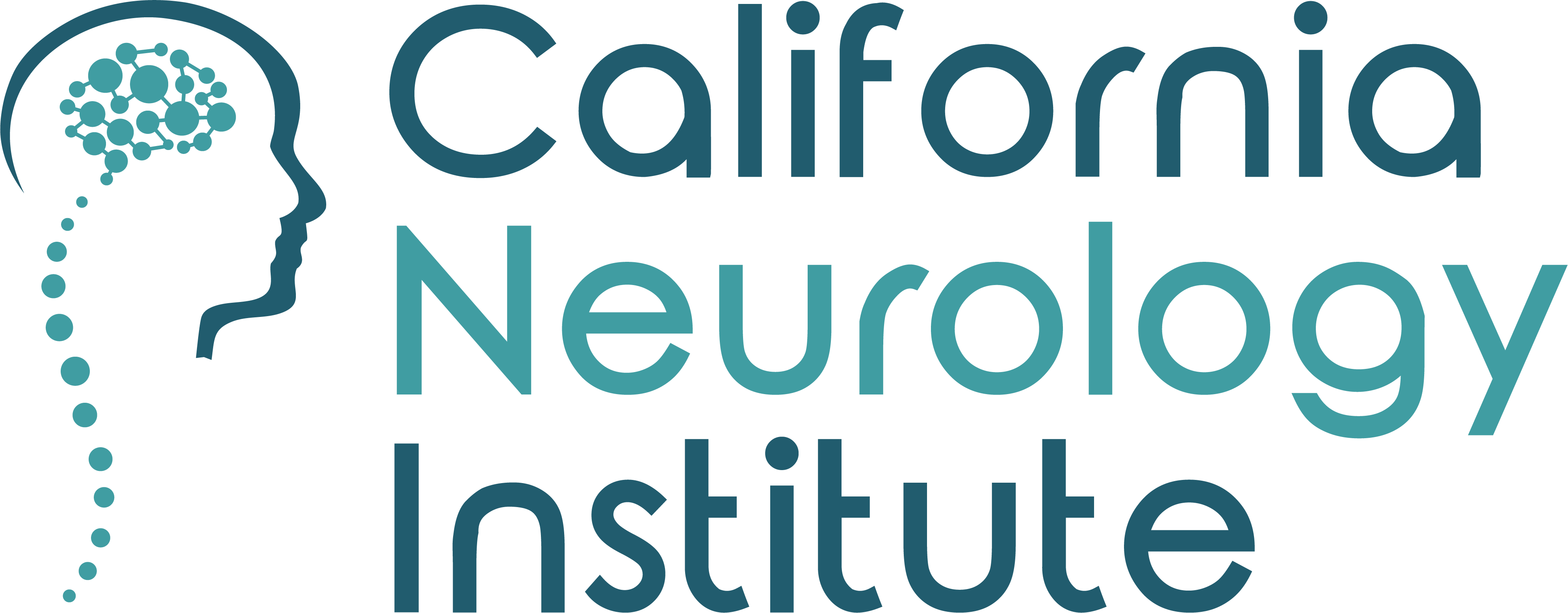Modernizing Medical Records: How Digital Health is Transforming Care
Originally published via TechnologyReview.com

Personalized and Integrated Health Data
Alongside Apple’s Health app and a similar initiative from Samsung, BaseHealth’s platform is part of a growing movement to create a new generation of electronic health records (EHRs). These new systems combine clinical, lifestyle, and genetic data to offer a comprehensive picture of a patient’s health.
Overcoming Fragmentation in Patient Data
BaseHealth founder and CEO Hossein Fakhrai-Rad describes today’s healthcare as fragmented. “You don’t have a 360-degree view of health,” he says. This lack of comprehensive data limits the effectiveness of preventive care. For instance, type 2 diabetes—Fakhrai-Rad’s field of study—is often preventable, yet many doctors focus only on diet, ignoring other factors such as genetics.
Empowering Physicians and Patients
“Genetic data is another tool to motivate and inform patients,” says Dr. Katherine Sutherland, a Silicon Valley physician using BaseHealth’s platform. “Even if the recommendations are the same—improve diet, exercise, and lifestyle—patients now see exactly why those changes matter.”
The Role of Physicians in Digital Health
Unlike consumer apps, BaseHealth requires physician involvement. Doctors upload medical history and physiological data, like blood pressure and prescriptions. Patients then contribute lifestyle and family history information. Genetic data can be added via partnered labs. Physicians must approve access to full results during an in-person consultation, maintaining clinical oversight.
Actionable Insights Driven by Research
The system processes the data to generate risk assessments and actionable recommendations backed by peer-reviewed studies. Physicians can personalize or override suggestions based on their medical expertise and patient relationships.
Federal Support and the Future of EHRs
Over $24.4 billion in federal incentives have been paid to doctors and hospitals to adopt EHR systems. Innovations like BaseHealth represent the next evolution: turning static records into dynamic tools for real-time, individualized care.
Informed and Collaborative Decision-Making
Helen Burstin, Chief Scientific Officer at the National Quality Forum, notes that enhanced access to medical records allows patients to participate meaningfully in health decisions. “Better information enables patients to choose based on their own values, which may differ from a physician’s perspective,” she explains.
